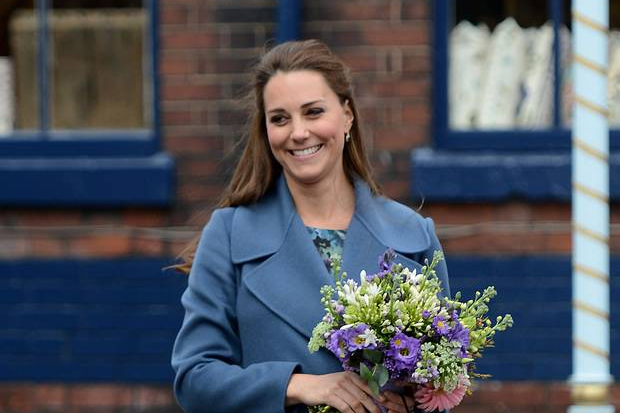Errors & Omissions: a duchess by any other name is just wrong
Names, redundancy, mistaken Latin and mixed metaphors from this week’s Independent

“She is more powerful than Theresa May, JK Rowling and Kate Middleton.” So began a news story on Wednesday about Nemat Shafik, the deputy governor of the Bank of England. Who is this “Kate Middleton”? Or rather, why do people call the Duchess of Cambridge “Kate Middleton”? The question is not rhetorical. I am genuinely baffled.
First, it is usual to refer to titled people by their titles, not their names. For instance, you may perhaps not recall a man named Gerald Grosvenor. You know him better as the Duke of Westminster, owner of a large chunk of Mayfair and the richest titled person in Britain.
Second, I am not aware of any announcement by Prince William’s wife that she wishes to be known by her maiden name. So if you wish to call her by her name rather than her title, that name is presumably Catherine Mountbatten-Windsor, not Kate Middleton.
So where does this “Kate Middleton” stuff come from? Any theories please to g.keleny@independent.co.uk. I should genuinely like to know.
• “Internet ‘troll’ conviction rates soar in a decade, figures reveal,” said the headline on a news story on Monday. What are the words “figures reveal” doing there except wasting space? A conviction rate can only be revealed by figures. You are not going to get far trying to reveal it by the play of sunlight on a wall.
And by the way, does “troll” really need to be in quotation marks? By now surely everybody knows what an internet troll is.
• Latin generally spells trouble, and so it was in a feature article about the new Wachowski sci-fi production Sense8: “Throw into the mix two mysterious foes – played by Lost alumnae Naveen Andrews and Broadway star Terrence Mann – and you have the beginnings of a richly complicated stew.”
“Alumnus” is a masculine Latin noun meaning nurseling or foster-child. The ending -ae nearly always indicates a feminine noun. I don’t see why “alumnus” should not have a feminine form, but, Mr Andrews being a chap, he would be a masculine alumnus.
There is also a question over whether a television drama series can be seen as a nursing mother to members of its cast. “Alumnus” entered the English language to express a person’s relationship to their old university. It is perhaps over-used.
• Wednesday’s front page reported a hopeful development in cancer treatment: “The discovery paves the way for a wave of new potential treatments over the next decade.” How do you pave the way for a wave?
• More metaphor soup on Wednesday: “The number 12 (the Tory majority) is likely to become central to newspaper columns in the months ahead – at least until natural political attrition denudes it further.” Eh? The figure may be eroded or reduced, but it is not being stripped naked – and certainly not by attrition, which means rubbing away or grinding down.
Join our commenting forum
Join thought-provoking conversations, follow other Independent readers and see their replies
Comments
Bookmark popover
Removed from bookmarks